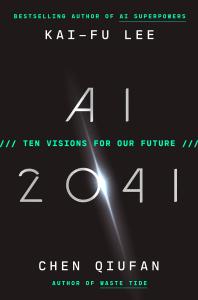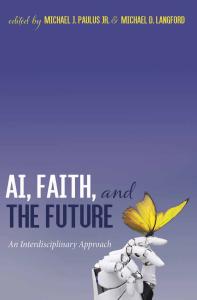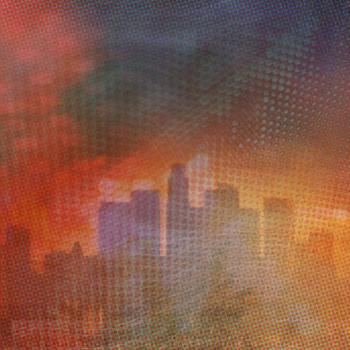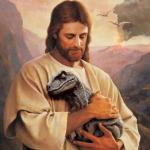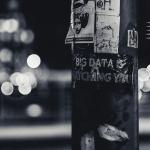In the introduction to Utopia is Creepy, Nicholas Carr shares a personal revelation about technology: “What I want from technology are tools for exploring and enjoying the world that is—the world that comes to us thick with ‘things counter, original, spare, strange,’ as Gerard Manley Hopkins long ago described it.”
But all of us want, or should want, a better world. Hopkins certainly did, and the poem Carr quotes itself suggests the importance of technology in both the world that is—with “Landscape plotted and pieced – fold, fallow, and plough”—and that is to come through what God “fathers-forth.” Carr’s valid critique is that our visions of what we are creating are too often creepy.
In a class I’ve taught for some years, I pair readings from Francis Bacon and Michel Foucault on technology and society (from Blackwell’s Philosophy of Technology anthology). So my students read about the liberating power of technology exemplified in Bacon’s The New Atlantis, in which an advanced technological society is organized “to restore and exalt the power and dominion … of the human race over the universe.”
And then they read about the oppressive power of technology seen through Foucault’s panopticism, which reveals how institutions such as prisons, factories, and schools are organized as comprehensive surveillance systems to control freedom and difference. Early modern utopianism collapses into late modern dystopianism—a pattern that continues into our current technological moment.
Thomas More’s creation of the word utopia can be read as a pun on two Greek words: eutopos (“good place”) and outopos (“no place”). More’s utopia, like Bacon’s, is an imagined place that is, at least in some ways, better (although More’s utopia may have been more satirical). But these good places were also no places, situated in uncharted waters (although Bacon’s may have been more eschatological).
Technological developments increase our power over our environments, natural as well as artificial, and have stimulated our imagination from our beginnings. We have, as Bacon observed, improved our lives and place in the world by understanding and following the laws of nature. There are reasons for hoping that we may continue to do so.
But we have also, as Foucault observed, created conditions for ourselves that lessen the quality of our lives and spaces. There are reasons for our anxieties about the future. In the futures we’ve previously imagined and realized, things don’t simply get better.
Consequently, as Ursula K. Le Guin points out, “Every utopia since Utopia has also been, clearly or obscurely, actually or possibly, in the author’s or in the readers’ judgment, both a good place and a bad one. Every eutopia contains a dystopia, every dystopia contains a eutopia.”
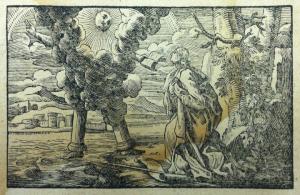
The duality of utopian hope and dystopian fear is present in another literary genre: the apocalyptic. When it emerged some two thousand years ago, the apocalyptic imagination provided a conceptual and narrative framework for reconciling contradictions between the hoped-for world and the experienced world. Apocalypticism—“broadly described as the belief that God has revealed the imminent end of the ongoing struggle between god and evil in history”—uncovers the spiritual dimensions of knowledge, space, time, and agency to reveal hidden dynamics of life and history.
Since many apocalypses were written by those for whom present years were “few and evil” (2 Baruch 16:1), cataclysmic corrections to the cosmos are prevalent. These images are so powerful that apocalypticism is often reduced to “the end of the world as we know it” (in the words of R.E.M.). More extensively, though, apocalypticism is concerned with the coming and creation of a new life and world—the ultimate good place.
Given that apocalypticism, at least in its reductionistic form, continues to inform our technological imagination—examples related to artificial intelligence are prolific at the moment—it is a worldview worthy of more critical engagement.
Moreover, the apocalyptic imagination provides us with a framework for reconciling our utopian hopes and dystopian fears.








